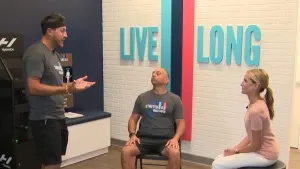More Stories
When the whistle blows, every
student athlete wants to be No. 1, and there's always someone there that
wants to help.
“When I started athletic training,
it was about a knee injury and an ankle injury,” says Denise Wujciak. “It's so
much more than that more.”
In all 20 years of Wujciak's
career, this year might be the most roles she's ever taken on.
“We're their parent away from home,
we're their nutritionist, we're their counselor, we're whatever they need in
any point in time,” says Wujciak.
As the director of sports medicine
at Kean University, she still can wrap an ankle and treat an ACL injury. But
overall health needs some healing too.
“Mental health has become huge in
our area, especially with them losing their seasons and losing some of their
participation because of COVID,” says Wujciak. “We have to deal with a lot more
of that than we have in the past.”
On top of that, there's the
transition from one level to the next.
“A lot of our college athletes come
into preseason not really prepared for the difference of high school and
college sports and they are struggling,” says Wujciak. “Some have left, some
are very hurt, so we are working through it.”
Then during the school year add
homework, a job and everyday life. It all can become so overwhelming,
especially when you're trying to make it to the championship.
“I know my student athletes well
enough to be like you're not OK today,” says Wujciak. “What's wrong, and then
two hours later -- you were right Denise, I'm not fine. This is what's going
on.”
So sometimes a problem on the field
isn't just fixed by ice and Band-Aid.
More from News 12
1:04
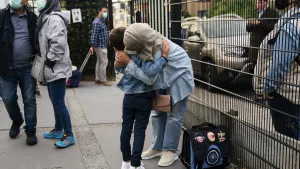
Guide: Resources for families to talk about school shootings
2:09
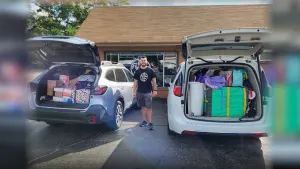
Back-to-school: Father, small business owner collects school supplies at shop for students in need
2:33
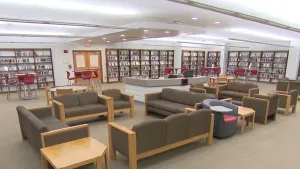
Back-to-school: Traditional library no more. Check out Bloomfield High School’s media center
2:27
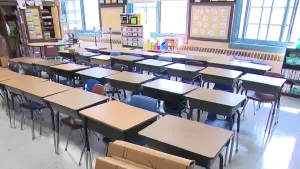
Back-to-school: From 600 new teachers, to masks returning -- here’s a look at the new school year in Newark
2:29
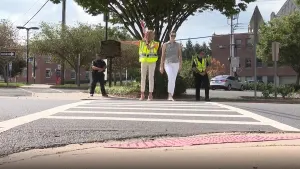
Number of NJ districts face crossing guard shortage. Here’s what one town is doing to combat the problem.
2:25
